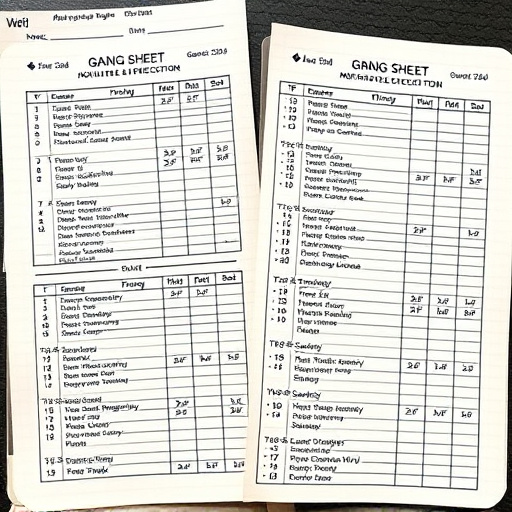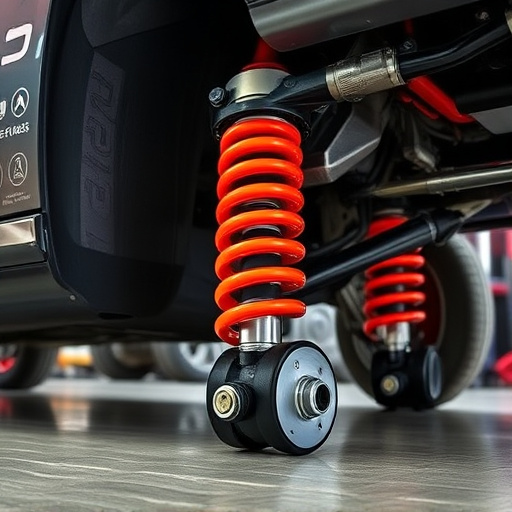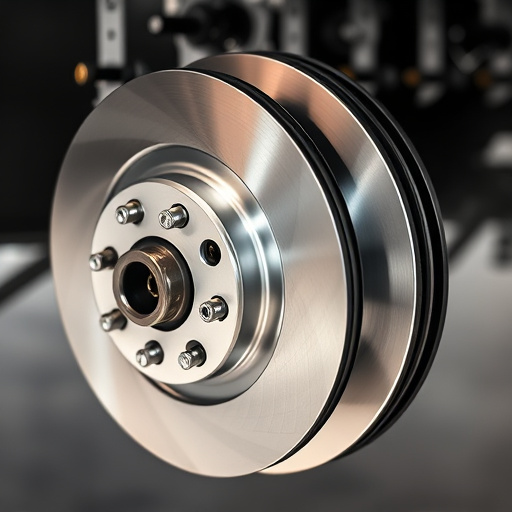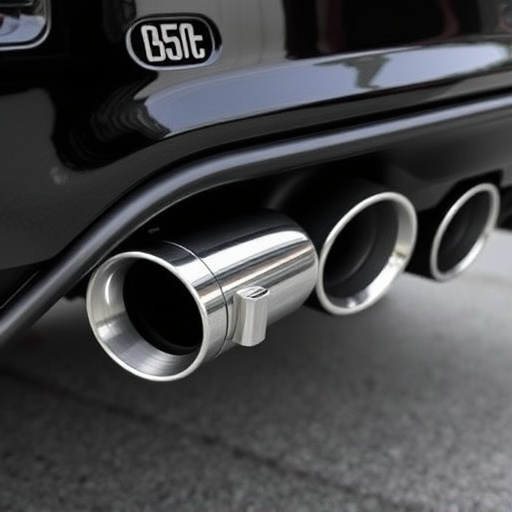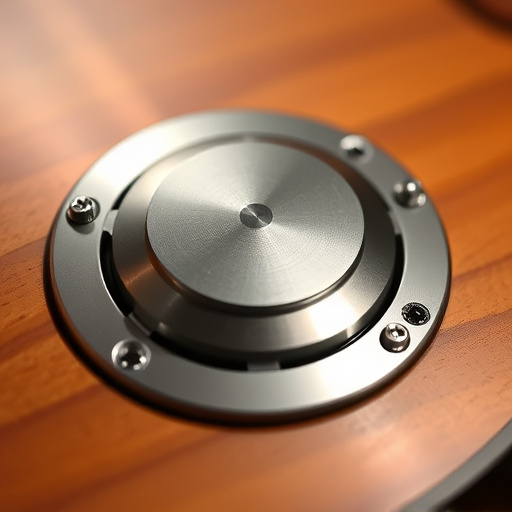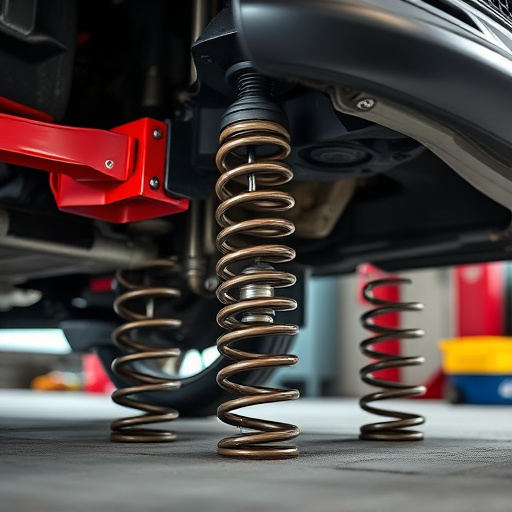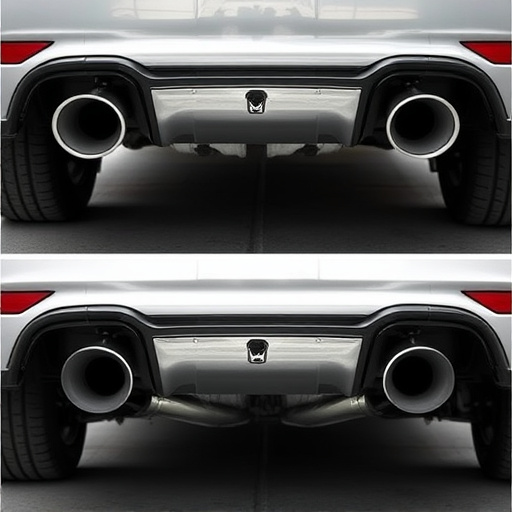Muffler bypasses are essential modifications for high-performance vehicles, allowing for better airflow and throttle response by redirecting exhaust flow. While they enhance power and speed, they also increase engine noise and may slightly decrease fuel efficiency. For vehicles with upgraded components like coilovers and advanced brakes, a muffler bypass is crucial to maintain optimal exhaust performance, prevent engine damage, and ensure peak handling capabilities.
Considering a muffler bypass for your build? This guide explores when it’s time to upgrade. Learn about the benefits and potential drawbacks of muffler bypasses, and discover the signs that indicate your vehicle needs this modification. Whether you’re enhancing performance or addressing noise issues, understanding muffler bypasses is key to making an informed decision for your ride.
- Understanding Muffler Bypasses: When They're Necessary
- Benefits and Potential Drawbacks of a Muffler Bypass
- Identifying Signs Your Vehicle Needs a Muffler Upgrade
Understanding Muffler Bypasses: When They're Necessary
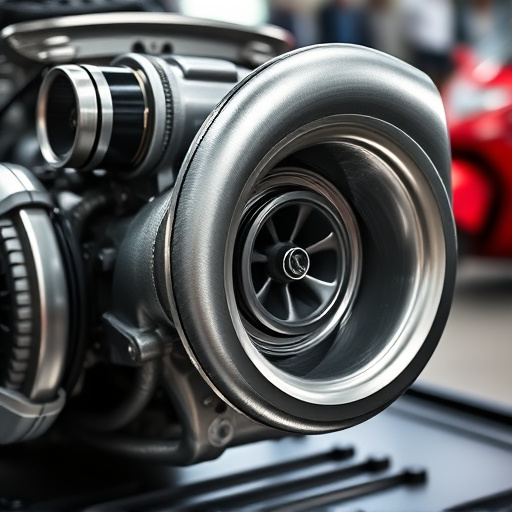
Muffler bypasses are an essential consideration for vehicle builds aiming to enhance performance. These modifications involve rerouting the exhaust gas flow, bypassing the stock muffler and potentially offering significant advantages. While standard mufflers are designed to reduce noise levels, they can restrict airflow, impacting engine efficiency. In high-performance builds, where power and speed are prioritized, a muffler bypass can be game-changer.
Several factors indicate when a muffler bypass is necessary. For instance, if your build involves powerful engines or extensive modifications to the exhaust system, like oversized headers or turbocharging, a stock muffler might not handle the increased exhaust flow efficiently. This can lead to performance losses and potential engine damage due to excessive backpressure. In such cases, a muffler bypass allows for better airflow, reduces backpressure, and can result in improved throttle response and overall performance, especially when paired with a high-flow catalytic converter or performance exhaust system featuring larger diameter pipes.
Benefits and Potential Drawbacks of a Muffler Bypass
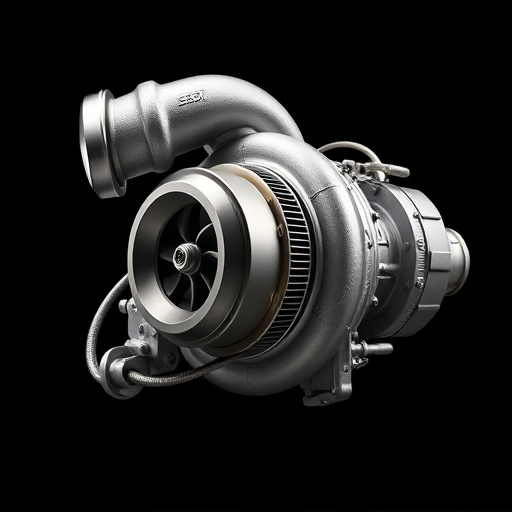
A muffler bypass can be a game-changer for vehicle owners looking to enhance their driving experience, particularly when it comes to performance and sound. By bypassing the standard exhaust mufflers, drivers can expect a noticeable increase in engine noise, providing a more aggressive and sporty exhaust note. This modification is especially appealing to car enthusiasts who want their vehicles to reflect their passion for high-performance driving.
However, like any modification, there are potential drawbacks to consider. While a muffler bypass may offer improved performance and a unique sound, it can also lead to increased noise levels that might be disruptive in certain environments or settings. Additionally, bypassing exhaust mufflers could potentially reduce fuel efficiency slightly, as the unmuffled exhaust may create more drag. Nonetheless, for those seeking a more responsive and engaging driving experience, combining a muffler bypass with other performance upgrades like coilover kits and high-flow air filters can deliver a well-rounded enhancement to both sound and handling.
Identifying Signs Your Vehicle Needs a Muffler Upgrade
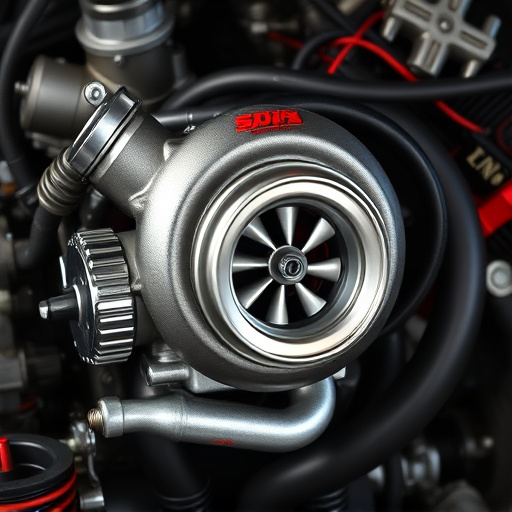
If your vehicle is making unusual noises, especially a loud rumbling or roaring sound while the engine is running, it could be a sign that your muffler needs attention. A faulty muffler can significantly impact your driving experience and performance. Over time, mufflers can wear out, especially if they’ve been subjected to rough handling or severe conditions. Corrosion, holes, or cracks in the muffler’s casing are clear indicators that a replacement is necessary.
Additionally, a muffler bypass—where a portion of the exhaust system is altered to reduce backpressure—might be considered if you’ve installed high-performance engine components like coilover kits or have upgraded brake pads. These upgrades can dramatically increase power and torque, but they also require an efficient exhaust system to handle the increased flow of gases. Improperly functioning muffler tips could restrict this flow, potentially causing engine damage or compromising your vehicle’s overall performance.
A muffler bypass can be a game-changer for vehicle performance, but it’s not always necessary. By understanding when your build requires this upgrade and weighing the benefits against potential drawbacks, you can make an informed decision. If you notice signs of damage or inefficiency, like excessive noise or reduced fuel economy, it might be time to consider a muffler bypass. However, always prioritize safety and consult with professionals for personalized advice.


